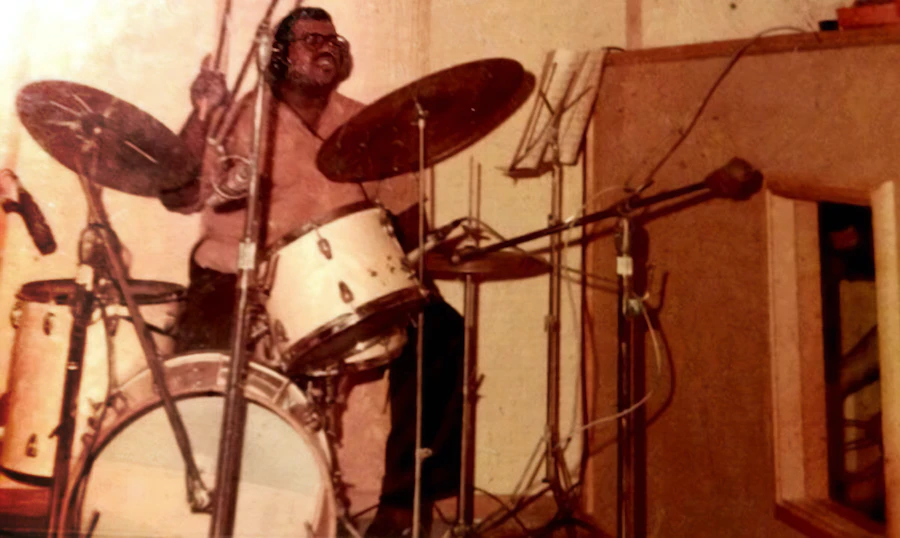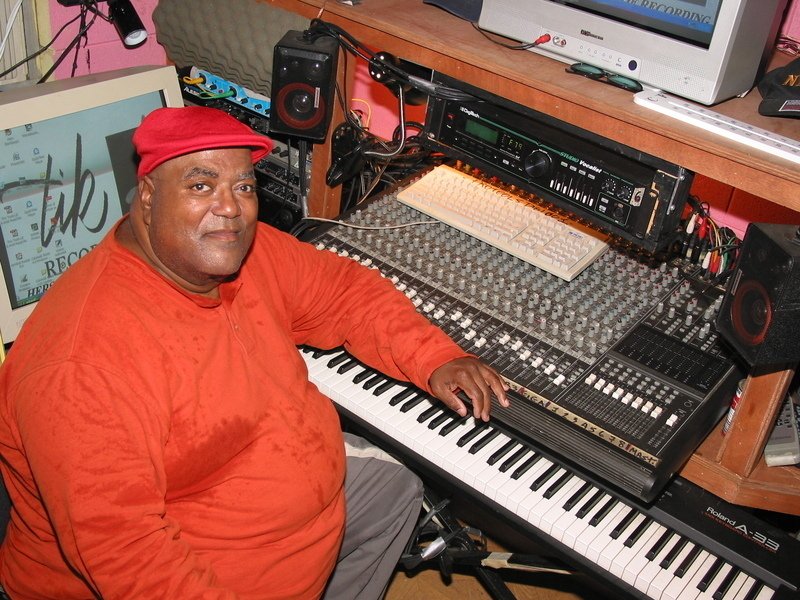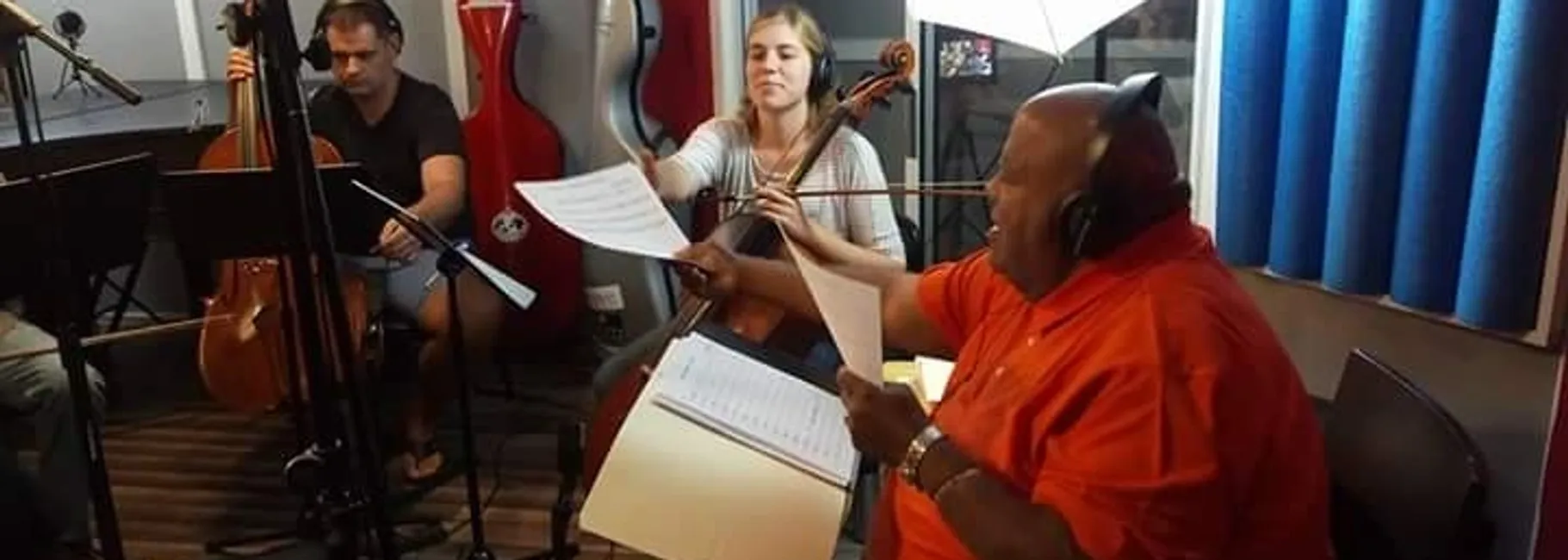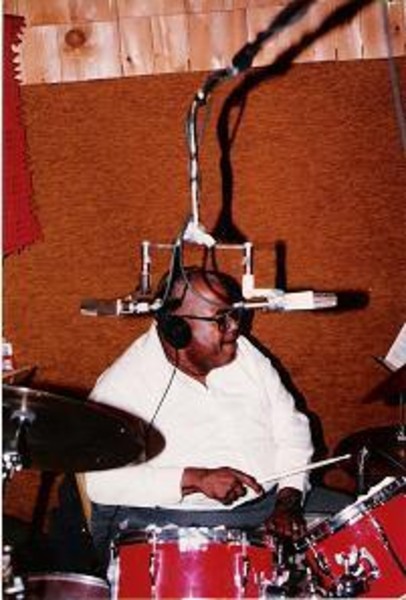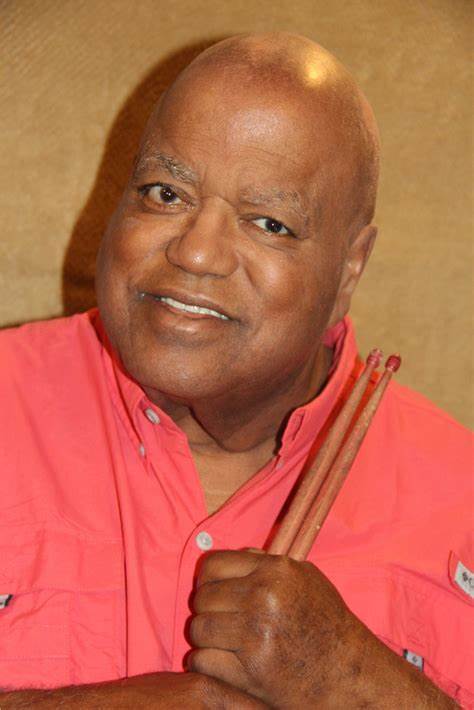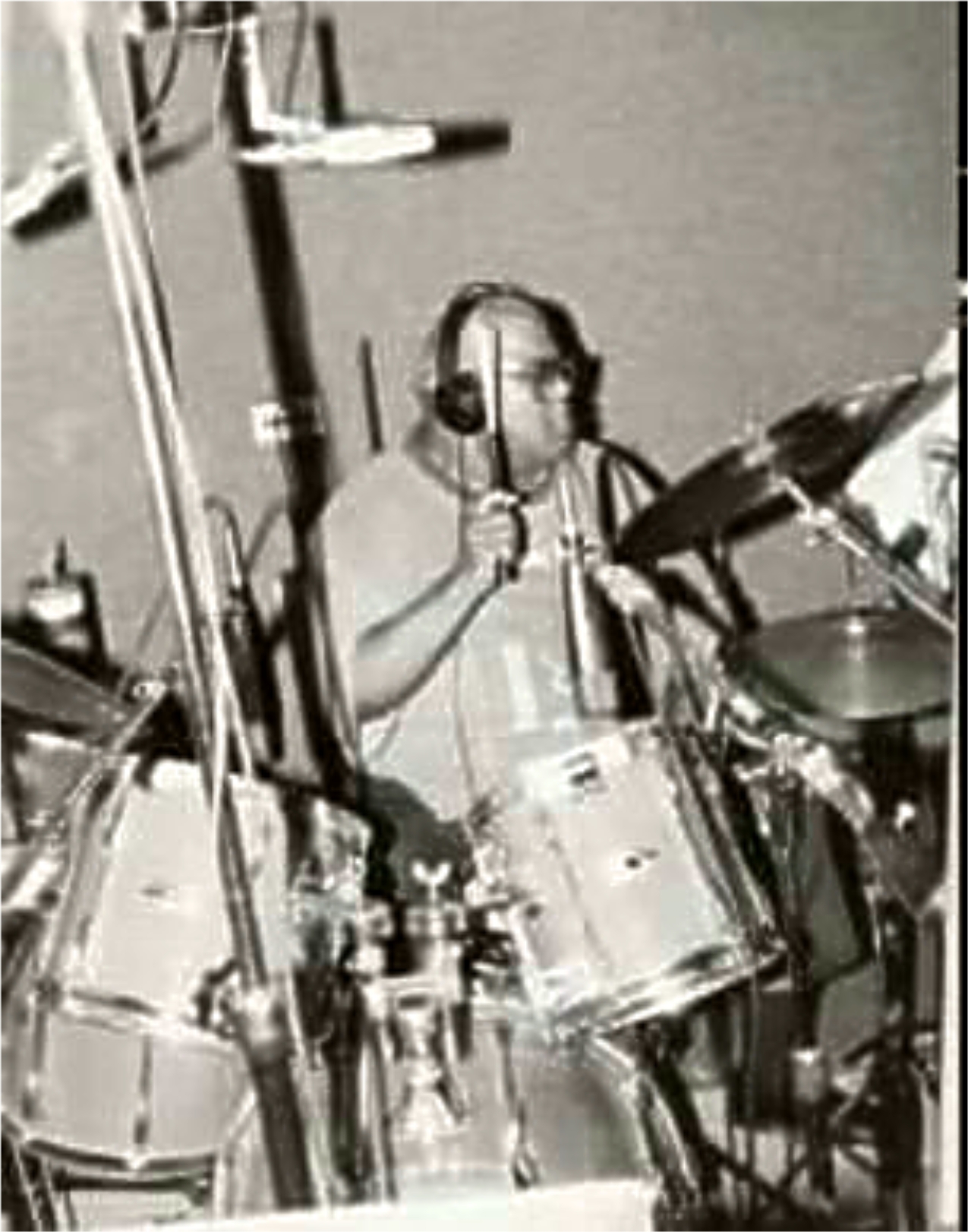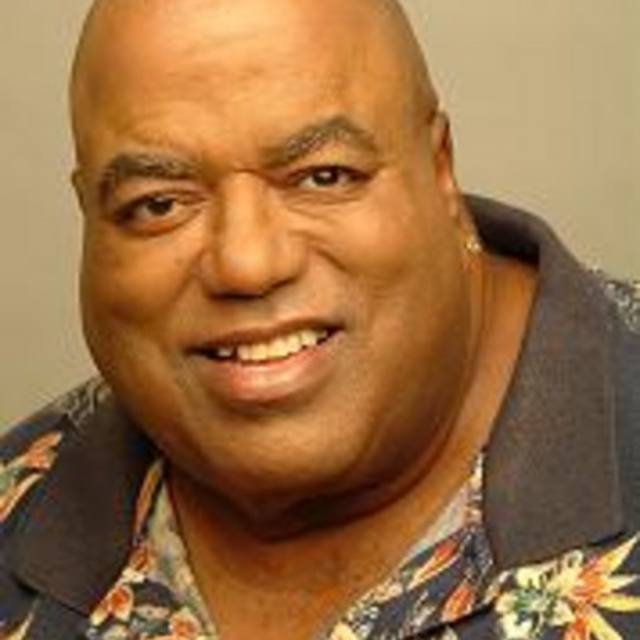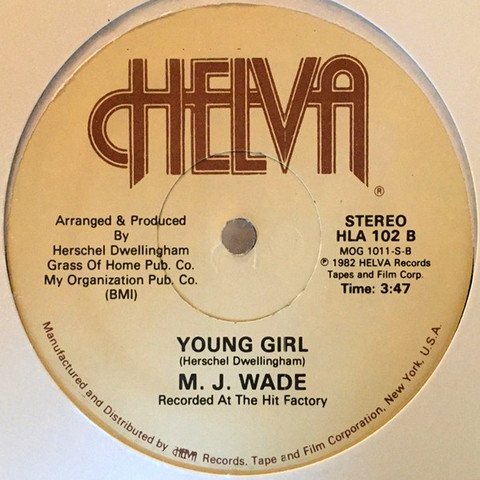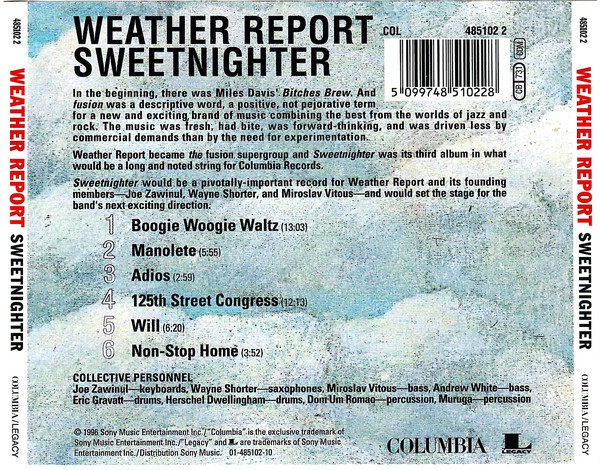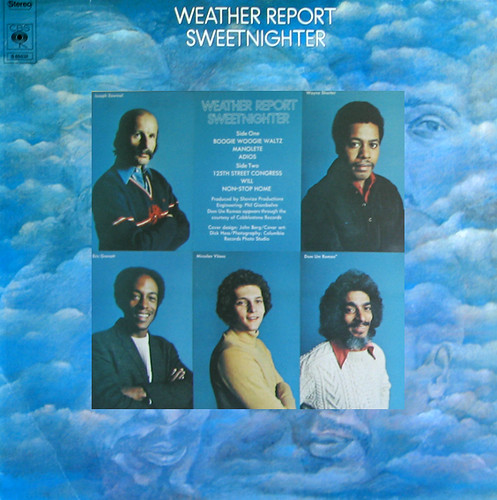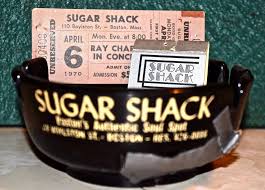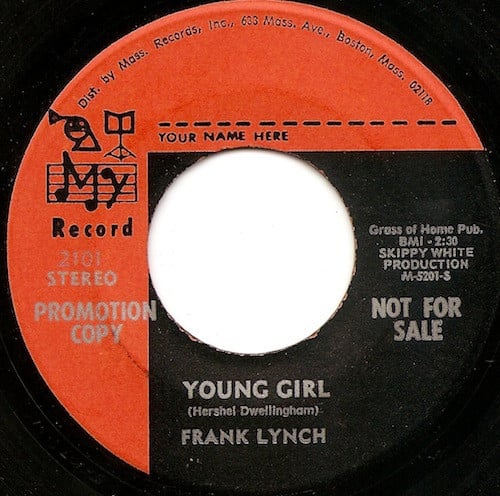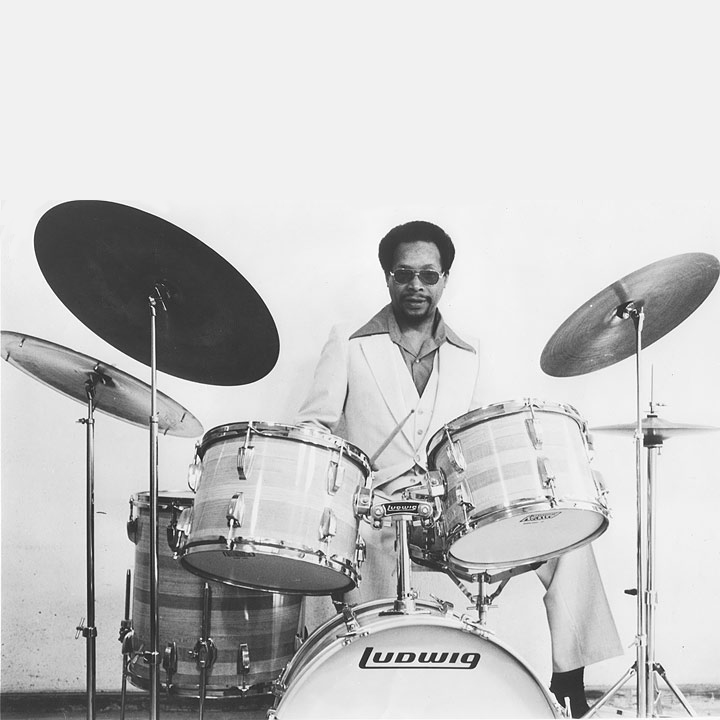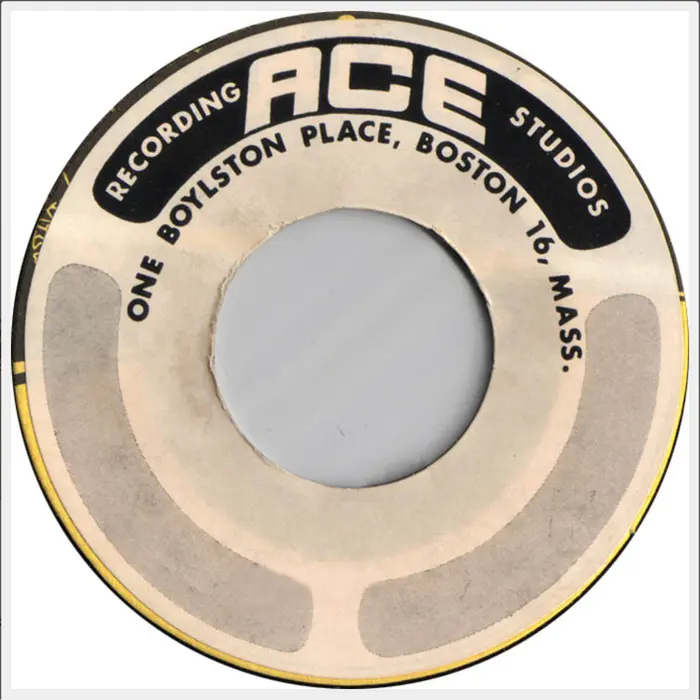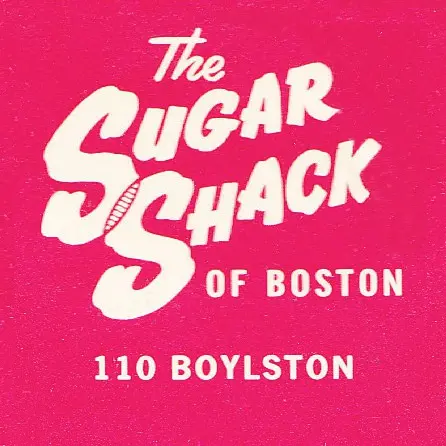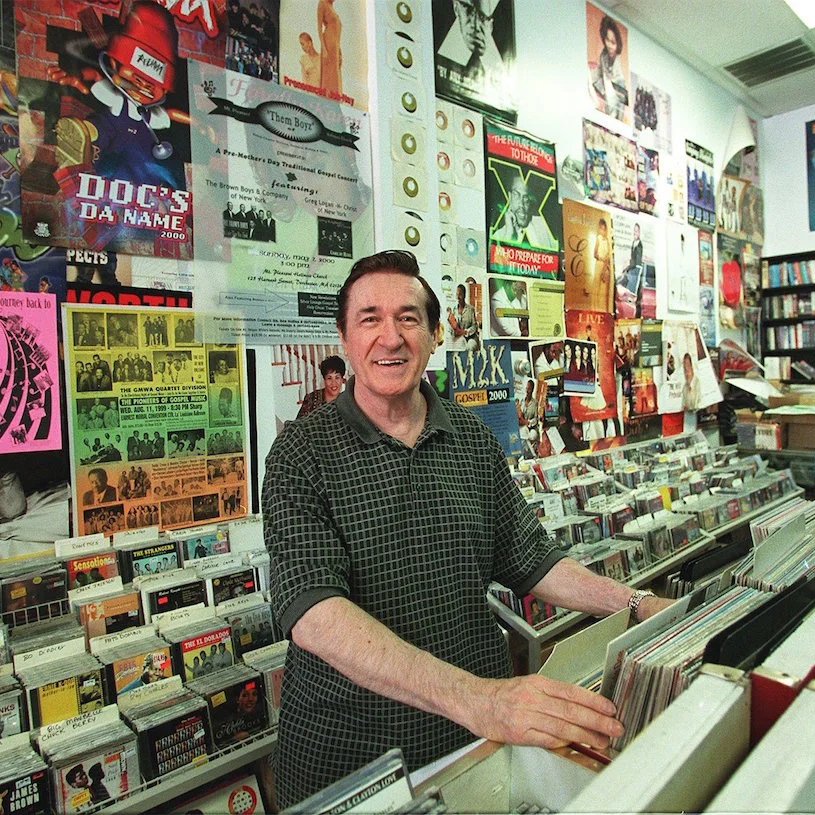Hershel Dwellingham
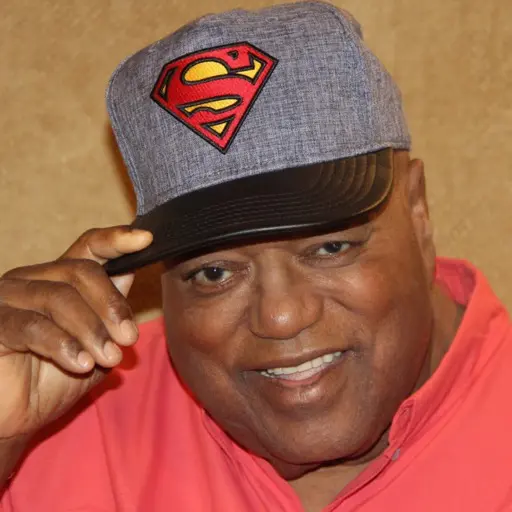
In his teens, he was Louisiana’s drumming and songwriting wunderkind. In his 20s, he was Boston’s top R&B/soul drummer, bandleader, songwriter and arranger. And from age 30 onward, he was one of the foremost drummers, songwriters, arrangers and producers in the Big Apple and the Pelican State, cooking up a glorious gumbo thickened with a rich musical roux of southern footing and northern training.
That, in a nutshell, is the artistic legacy of Herschel Dwellingham, whose lifelong passion for music and extraordinary instrumental, writing, arranging and producing skills established him as a multitalented musical maverick throughout his 60-plus-year career. When it comes to perfect pairings of skills and creativity gleaned from two entirely distinct regions – America’s Deep South and New England – there are precious few better examples.
Musical Beginnings
Hershel Edmund Dwellingham Sr. was born on November 2, 1944, and raised in the tiny city of Bogalusa, Louisiana, on the border of Mississippi about 70 miles north of New Orleans. He showed interest in drumming even as a toddler – “My mother used to give me two wooden spoons and a pot for me to beat on just to keep me busy so she could cook,” he said in 2014 – but his first formal instrument was the piano and he made his performance debut at age five, accompanying his mother on the organ at Bethlehem Baptist Church of Bogalusa.
He started playing drums around age 12, after his parents, both school teachers, took him to a high-school prom where local favorites The Rhythm Aces, featuring legendary kitman and future Rock & Roll Hall of Fame inductee Earl Palmer, were performing. Palmer, who noticed that young Dwellingham’s eyes had been glued to him since he arrived, gave him a new pair of sticks at the end of the night and Dwellingham started practicing the instrument for which he became best known. “To this day, I keep four or five pairs of new sticks in my bag and I give them to kids who come up to me asking about the drums,” he said in 2014.
The Rhythm Aces, Early Songwriting Success
By the time he entered high school, Dwellingham had developed ferocious chops and in 1959, at age 15, he started his professional career behind the kit for the very band that inspired him to become a drummer just a few years before, The Rhythm Aces, staying with them for the next four years. The group included Robert Hodge, Dwellingham’s high-school bandleader, who taught him how to write and arrange music, which the teen did for the school’s marching band initially – for quite an unmusical reason. “I did that to keep from marching,” he said in 2014. “I made a deal that I would orchestrate and arrange halftime shows since I hated marching.”
Partnering with lyricist Charles Lucas, by the start of his junior year in high school Dwellingham had penned dozens of songs, 30 of which he took to Joe Ruffino, owner of New Orleans–based labels Ric Records and Ron Records (named after his sons). One month after doing so, he heard one of his songs on the radio (WBOK-AM out of New Orleans) for the first time, “Come On and Tell Her” sung by Benny Freeman. Over the following months, Ruffino released nine more Dwellingham-composed tunes recorded by various singers at Cosmo Recording Studios in New Orleans, where Dwellingham met and got songwriting/arranging tips from New Orleans-born-and-raised boogie-woogie legend Dr. John.
Berklee Scholarship, Other Training
After graduating from high school in 1963, Dwellingham enrolled at Berklee College of Music in Boston on a full scholarship, majoring in music theory and composition. While taking private lessons with Berklee’s Composition Department Chair William Maloof, he also trained under Hale Smith, a classical composer and arranger for Duke Ellington, Dizzy Gillespie and others, Walter Piston, then-dean of Harvard’s music department and renowned drummer and educator Alan Dawson, for whom he occasionally sat in at gigs. In later years, Dwellingham said his drumming style was a mix of Louisiana roots and the rudiments Dawson taught him, particularly those from George Lawrence Stone’s classic 1935 book Stick Control for the Snare Drummer.
While studying at Berklee, Dwellingham was in several bands, including one with guitarist and fellow Berklee student John Abercrombie, trombonist Mark Levine and pianist Carl Schroeder, playing a blend of jazz, R&B and funk at Boston venues including Paul’s Mall.
The Sugar Shack, Session Work
In 1967, after graduating from Berklee, Dwellingham’s public prominence soared when he became drummer and bandleader for the 13-piece house band at The Sugar Shack, a Boston club that opened in 1965 and became the city’s go-to spot for the hottest R&B, soul and funk acts as part of “the Chitlin Circuit” along with Philadelphia’s Uptown Theater, Baltimore’s Royal Theater and Chicago’s Regal Theatre. For the next six years, he and his ensemble backed a bevy of major acts including Stevie Wonder, Marvin Gaye, Sam and Dave, Smokey Robinson, Gladys Knight & The Pips, Jackie Wilson and Ray Charles.
In addition to his Sugar Shack gig, Dwellingham was among the leading session drummers in Boston in the late ‘60s and early ‘70s, playing on recordings by the city’s top R&B and soul acts and earning the nickname “Boston’s Number One Soul Man.” He also made in-studio and/or live appearances with internationally recognized jazz, soul, blues, rock and pop artists – Sammy Davis Jr. Stan Getz, Keith Jarrett, Lou Rawls, Wes Montgomery, Jimmy Reed, Vic Damone, Steve Lawrence, Peggy Lee, Fats Domino, Joe Turner and Lightning Hopkins among them – while writing and/or arranging songs for various artists and writing jingles for Ace Recording Studios in Boston.
My Record, “Young Girl,” Frank Lynch
Also in 1967, Dwellingham and his wife Alva co-founded a label, My Record, with famed WILD-AM deejay and record-shop owner Skippy White, with the objective of writing, arranging and producing his first national hit. Major success appeared to arrive with My Record’s first single, “Young Girl,” sung by Frank Lynch and issued in early 1968, when it received substantial attention in Billboard and Cash Box, but tragedy struck before the track could get off the ground; just a few weeks after its release, Lynch was shot to death by Boston police during a confrontation at Boston City Hospital. “I mean, here I had the biggest record in the country,” Dwellingham recalled in 2022, “and all of a sudden the man is dead!”
Weather Report’s Sweetnighter
In 1973, Dwellingham’s skills attracted global attention after he was one of two drummers (along with Eric Gravatt) on jazz-fusion group Weather Report’s third studio album, Sweetnighter, recorded in early February at Connecticut Recording Studio in Bridgeport. The album was far funkier than the band’s previous LPs, as exemplified by tracks like “Boogie Woogie Waltz” and “125th Street Congress”; Dwellingham was behind the kit on both.
After Columbia released the album in April – when it soared to #2 in the Billboard Jazz chart – Dwellingham’s style was hailed by drummers worldwide as groundbreaking, a mixture of jazz, funk and soul like never captured on tape before. “That one little album put me on the map, even in Europe,” he said in 2014. “It was just unbelievable.”
Move To New York City
The deftness of his performance on the Weather Report disc also brought him to the attention of top producers in New York City, among them Phil Medley (writer of “Twist & Shout”), Bert Keyes (Stephanie Mills), Paul Leka (Harry Chapin) and Bert De Coteaux (Sister Sledge and The Manhattans). Dwellingham moved to the Big Apple within weeks of Sweetnighter‘s completion and stayed there for the next 25-odd years.
During that time, as a first-call session drummer he worked with a multigenred range of artists including Barbara Streisand, Diana Ross, David and Jimmy Ruffin, Sister Sledge, Ben E. King, Johnny Mathis, The Manhattans, REO Speedwagon, Gloria Gaynor, Ben Vereen and Harry Chapin (including on his song “Cats In The Cradle,” which hit #1 in the Billboard Hot 100 in 1974).
Broadway, Film, Helva Records
While based in New York, Dwellingham played drums in several Broadway pit bands – performing for major theatrical hits like The Wiz, The Lena Horne Show, Bubblin’ Brown Sugar, On Toba Time and Your Arm’s Too Short to Box with God – and wrote scores for a number of films, stage productions and symphonies. He and his wife co-founded Helva Records with Jackie Wilson’s manager August Sims, producing and issuing albums by R&B artists including The Escorts, whose song “(Gonna Ride This) Whirlwind” was included in the soundtrack for the 2020 film Don’t Look Up starring Leonardo DiCaprio.
Return To Louisiana, Publishing, Production Companies
In the early 2000s, Dwellingham resettled in his hometown of Bogalusa and started several companies through with he managed his writing, arranging and production for the next two decades: Bogalusa Music Group, Bogue/Magic City Records, Tik Records and Black Lace Productions, the last of which he co-owned with singer Marlena, who did a stint with The Young Rascals in the ‘60s billed as “Molly Holt.”
Comments On Hybrid Style
Asked in 2014 about Weather Report co-founder Joe Zawinul’s claim that he had to teach him the beats to the band’s now-iconic “Boogie Woogie Waltz” and “125th Street Congress” before starting the Sweetnighter sessions, Dwellingham said that was completely false and cited his formative his years in Boston.
“[Zawinul’s] full of shit,” he said with a laugh in an interview with Curt Bianchi, author of Elegant People: A History of the Band Weather Report (Backbeat Books, 2021). “Everybody who knows me knows that I was playing those beats even in my Boston days. It’s like a New Orleans drum style mixed with Alan Dawson’s jazz sensibility. If you hear the records I played on in Boston before [I played with] Zawinul, you’d hear the same thing. That’s where that came from. Joe Zawinul didn’t teach none of us anything – especially me.”
Death, Legacy
On April 16, 2023, Dwellingham passed away at age 78. His funeral was held at Bethlehem Baptist Church of Bogalusa, where he’d made his on-stage debut alongside his mother 73 years before.
Commenting on his legacy, singer/songwriter Eli “Paperboy” Reed, a Brookline, Massachusetts, native and expert Boston’s ‘60s/’70s soul scene, noted Dwellingham’s singular significance in the city’s musical history. “Herschel was the arranger, producer and session drummer for basically all the R&B and soul records that came out in Boston between 1963 and 1973,” he said. “Before he arrived [in the city], there was almost no homegrown soul scene to speak of. He transformed Boston’s soul scene by combining the southern sound he had gotten growing up in Bogalusa with the formal training he received at Berklee.”
(by D.S. Monahan with thanks to Lennie Petze)

